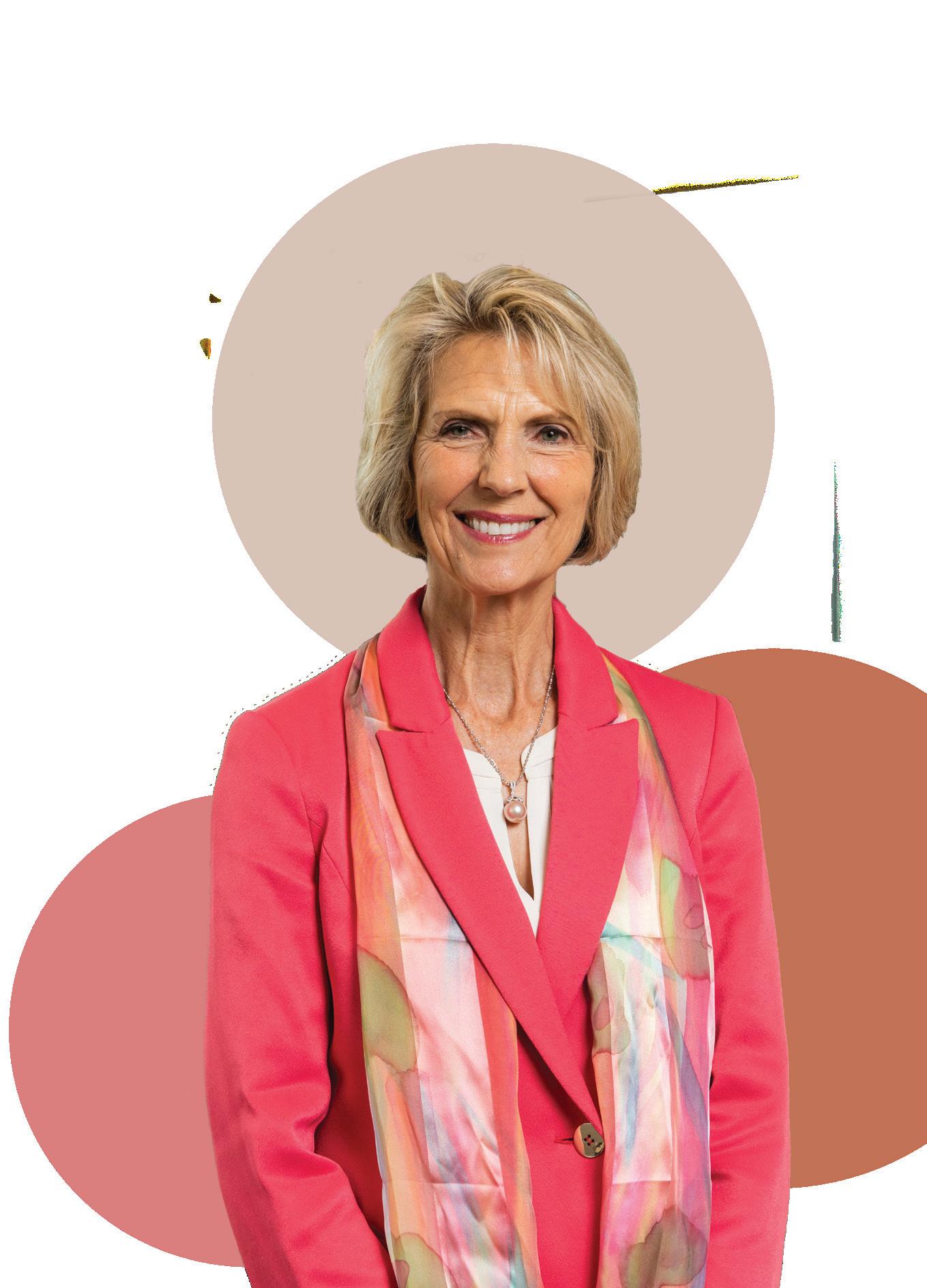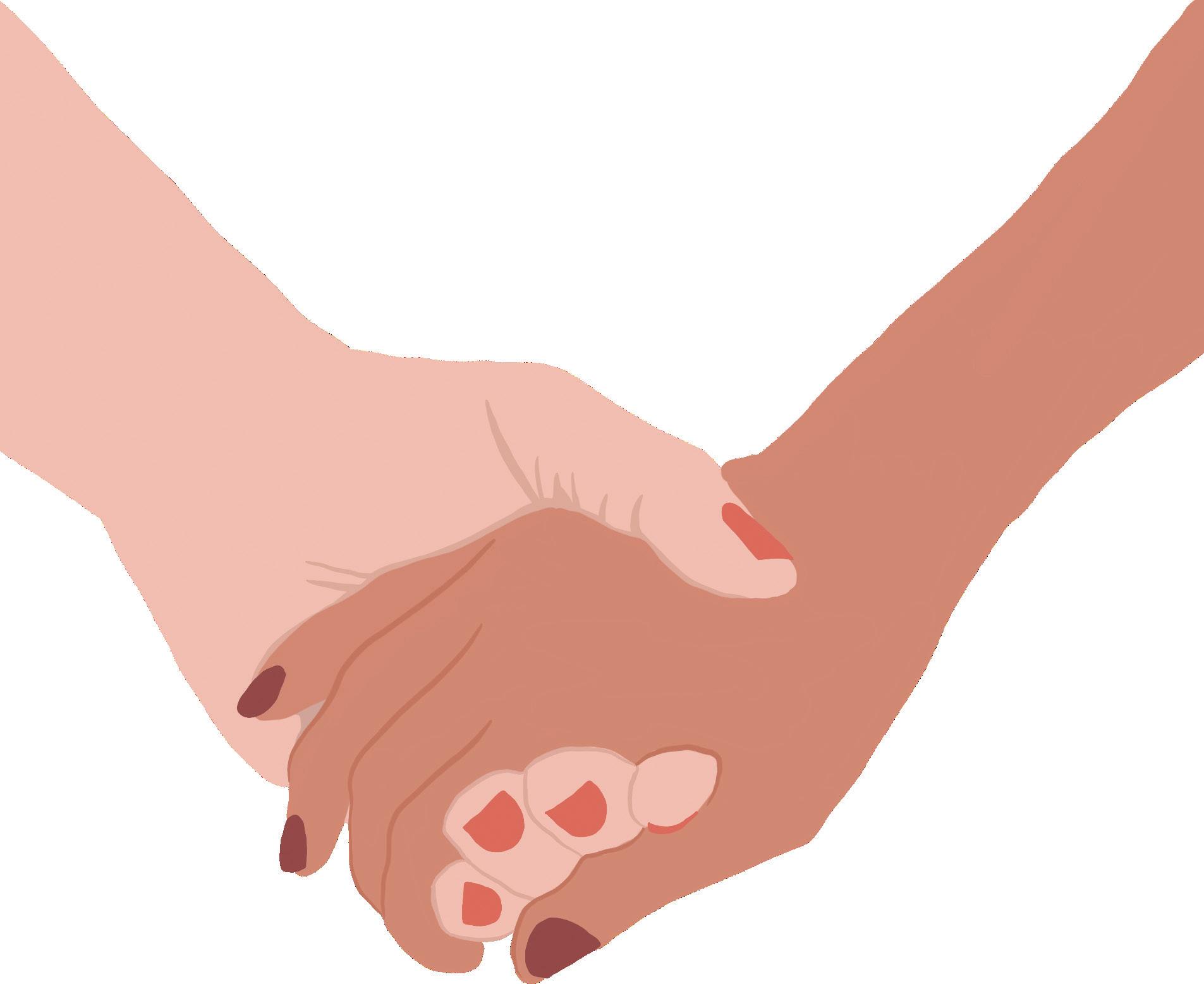HE SAID,
She Said by Alex Neis art by Milan Loiacono
Sticks and stones may break bones, but words have power too. The way people speak and write on a day-to-day basis either breaks down or fuels gender stereotypes. While language may appear to be merely symptomatic of broader systems and ideologies, English Professor Heather Thomson-Bunn thinks that if people can change the way they talk, they might be able to change the way they think too. “The really interesting thing about language is that it’s a mirror of how we’re thinking, but it’s not just a reflection of how we think,” she said. “It actually can change and shape the way we think.” Indoctrination into gender stereotypes may start even before a baby’s first word. That’s why Thomson-Bunn and others make intentional choices about
43
what they say, the way they write and how they listen. Language leads to change Some contend that while the intentions of careful phrasing may be good, words themselves hold no power to meaningfully change concrete problems. “One of the critiques of ‘politically correct language’ is that, for example, calling a homeless person ‘under-housed’ doesn’t give them a place to live,” Thomson-Bunn said. “There’s a certain perspective in which just changing words doesn’t effect change.” For Thomson-Bunn and many others, though, changing the way people talk about gender has the potential to affect more than what they deem acceptable and unacceptable to say. She said it can change people’s mindsets.












